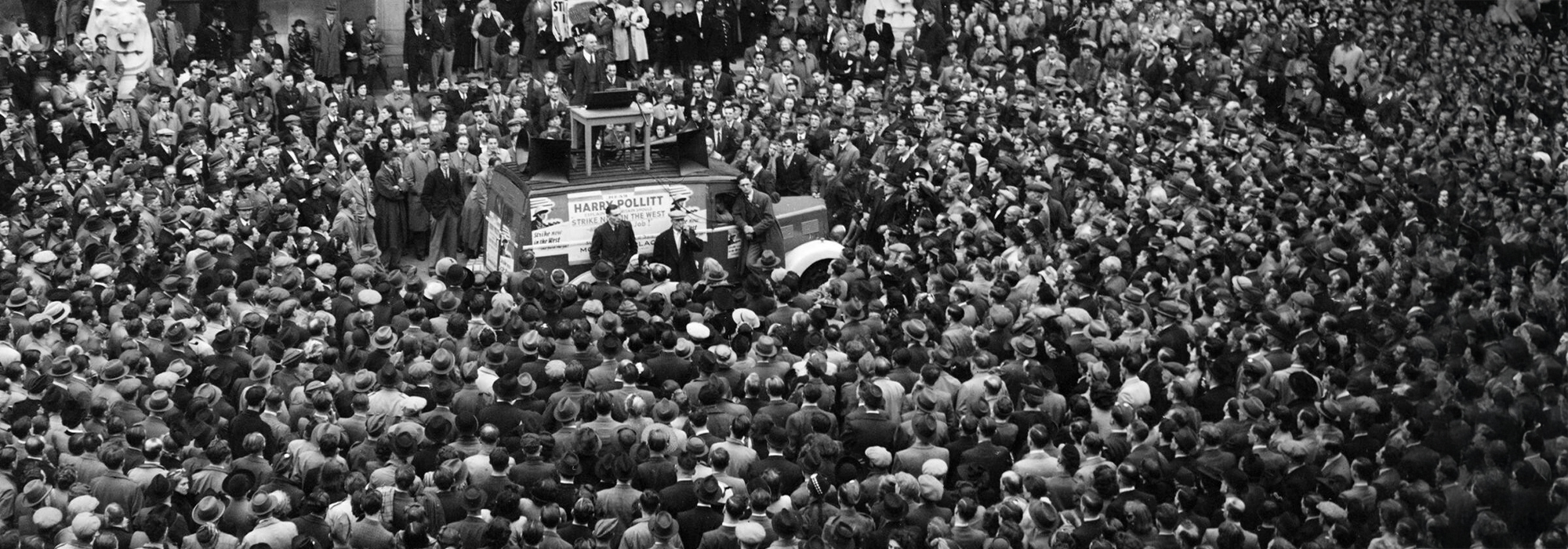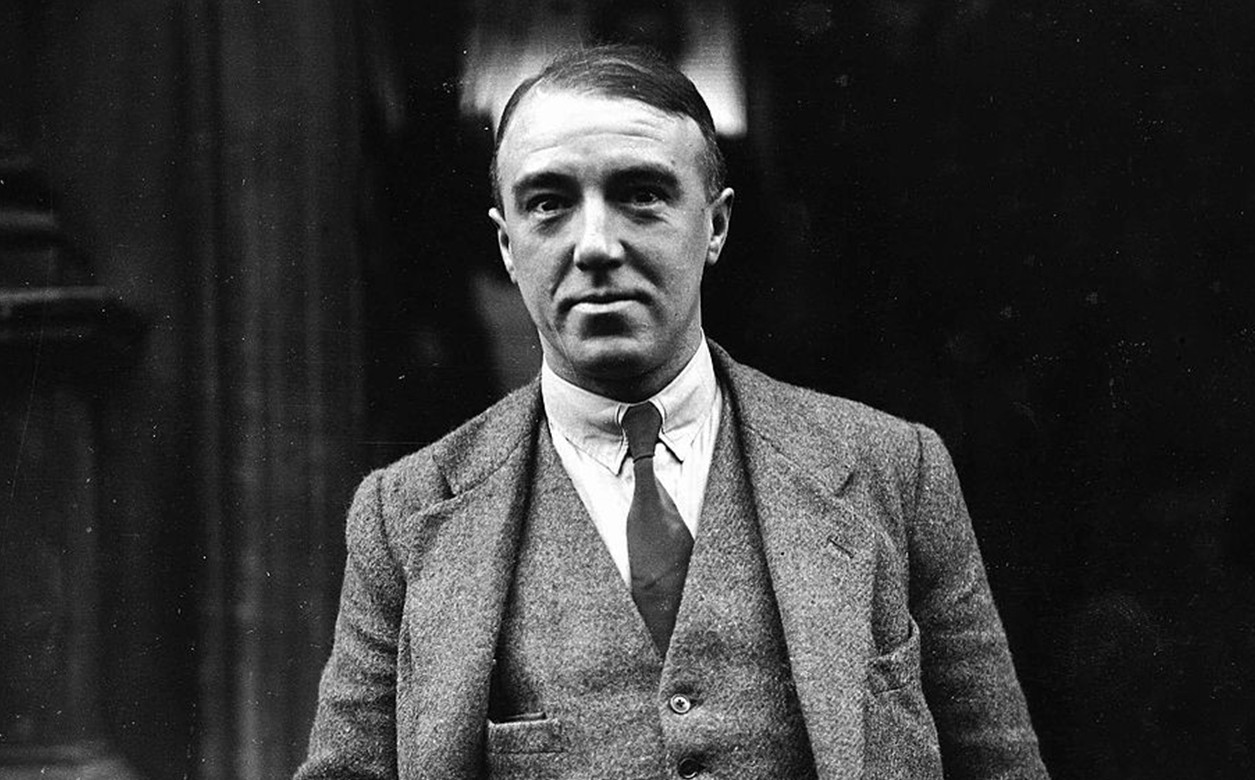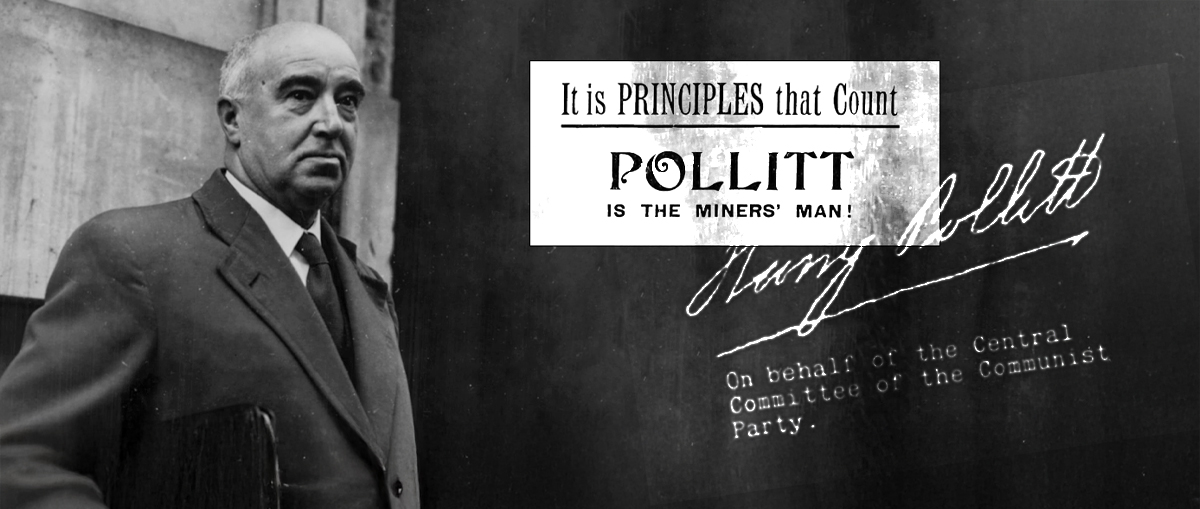
Agitation and the Internal Politics of British Communism, 1907–1977

The Harry Pollitt papers
Though Pollitt took some time to establish his authority, by the mid-1930s he functioned as de facto party 'leader' and a sort of tribune of the anti-fascist left.University of Manchester
Access the full collection
Access the full archive of Agitation and the Internal Politics of British Communism, 1907–1977.
Institutional Free Trial
Start your free trialRegister for a free 30-day trial of Agitation and the Internal Politics of British Communism, 1907–1977, for your institution.
Institutional Sales
Visit Sales PagesellFor more information on institutional access, visit our sales page.
Already have a license? Sign in.
Discover Harry Pollitt's activities at the forefront of communist agitation in Britain

This collection is derived from the personal papers of one of the titans of British communism, Harry Pollitt. Born in 1890, Pollitt embraced communism after witnessing the hardships inflicted on his family by poverty. He was a founding member of the Communist Party of Great Britain (CPGB) in 1920, before going on to assume the crucial role of General Secretary in 1929.
His role as leader of the CPGB is remembered for his unwavering support of Stalin and the Soviet Union, as well as overseeing the CPGB’s most successful years in terms of influence and mass appeal around the time of the Second World War. As such, this collection offers a vivid insight into Pollitt’s personal and political thought, and the complex machinations of being premier of the CPGB.
This collection is accompanied by three contextual essays written by Professor Kevin Morgan.
Contents
Agitation and the Internal Politics of British Communism, 1907–1977...
The Harry Pollitt papers
Discover
Highlights

Licensed to access Party disputes during the "Third Period", 1931
This document shows lively debates between Harry Pollitt and Palme Dutt on the correct "line" for the CPGB to take during the "Third Period", in which Stalin advocated non-cooperation with social democratic parties in domestic politics.

Licensed to access Pollitt’s candidature for East Rhondda, 1945
Insights
- Harry Pollitt was a prolific communist activist and the most prominent leader of the Communist Party of Great Britain (CPGB). The enormous scope of material featured in this collection reflects his widespread activities and dedication to the labour movement and communist party.
- Pollitt started his early career as a boilermaker and metal craftsman and through these occupations he became intimately involved in trade unionism. As seen through the collection, he was an activist and officer for the Boilermakers Society, before going on to be national secretary of the National Minority Movement.
- Pollitt, who joined the CPGB as a founding member in 1920, became General-Secretary of the CPGB in 1929 and established his authority as de facto leader by the mid-1930s.
Pollitt was at the centre of the CPGB’s attempts to build up a "United Front" with other labour movement organisations during the 1930s in response to fascist advances in continental Europe, having previously advocated non-cooperation with social democratic organisations at the behest of Stalin.
- After the Second World War, Pollitt’s CPGB enjoyed unparalleled popularity and sought to capitalise with electoral gains. Pollitt ran for parliament numerous times and his attempts are documented in the collection.
- Pollitt spent his later years on speaking tours across the world. By this time he was seen as a titan of communism in both Britain and internationally. The collection contains files from his trips to India, China, as well as Australia and New Zealand.
Unlock Historical Research for Your Institution
Provide your students and researchers with direct access to unique primary sources.
Related Media


The Departments of the Communist Party of Great Britain: A Detailed Guide Contextual Essays









